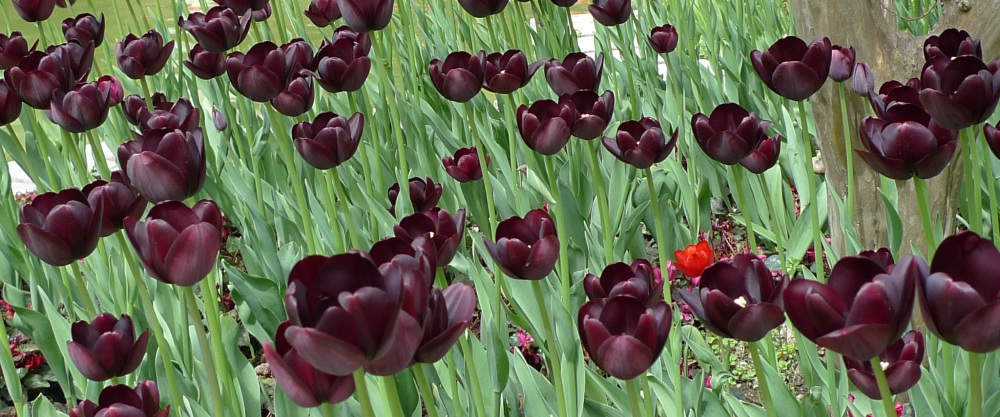
Democracy, Fethullah Gülen
Fethullah Gülen: In the past, I did support the idea of a presidential system if it is to be modeled after the U.S. or France or other countries where there are checks and balances against the president. But Erdoğan’s proposal was akin to a sultan regime. I could not support such a system with a clear conscience. Erdoğan put pressure on me and Hizmet sympathizers to publicly support his idea of a presidential system.

Education, Fethullah Gülen
One of the foundational principles of the teachings of M. Fethullah Gulen, and thus one of the animating principles of the Hizmet movement, is the notion that education is one of the primary means by which the human person becomes most authentically human and thus reaches her or his full potential.

Fethullah Gülen
Gülen defines “Muslim” as someone who conforms to his description of being tolerant. His view of Islam, simply put, is of a faith that exemplifies the principles which he embeds in the word “tolerance.”

Gülen movement
In the Hizmet Movement collective decision making (istişare) is performed on a consensual basis by participants in a network, activity or project. Gülen is known to apply this norm to his own activities and to encourage his students and friends to follow this practice. In addition, every project, business or activity has a mütevelli heyeti—essentially a board of trustees that comprises managers and financiers who “consistently carry out the responsibilities that fall on (their) shoulders.”

Fethullah Gülen
Gülen pursued his secular education in positive sciences, literature, history and philosophy through informal self-education. During his military service, his commander recommended a number of major thinkers for his reading. Among the writers whose work he encountered this way were Hugo, de Balzac, Kant, Shakespeare and Einstein, and French existentialist philosophers such as Sartre and Camus, as well as Marcuse’s critique of modernity and Shakespeare’s plays. With this background, he would later develop his thoughts on reconciling modernity and spirituality through Islamic values.

Fethullah Gülen
Taking into account their contrasting roots and development in broader perspective, contending that Gulen and Erdogan were once close allies is not reasonable and accurate. Particularly, using this clause to justify the organized cruelty and tragedy in Turkey is completely unfair. Their ideology and viewpoints generally contradict. Hostility of and distrust by the National Outlook against Gulenists persists for decades.

Fethullah Gülen, Gülen movement
For those who know Mr. Gülen personally or have had contact with the open-hearted and idealistic members of the Hizmet movement, claims of subversive “terrorism,” (in Erdoğan’s words) seem incongruous. I have known Mr. Gülen for over 20 years and find the retired, soft-spoken Qur’an-teacher to be preaching and living a particularly attractive interpretation of Islamic faith.

Fethullah Gülen, Peacebuilding, Terrorism
Gülen: God says “We have honored the children of Adam” (Quran, 17:70), all humanity is honored. The Qur’an describes taking the life of even one innocent person as a crime against all humanity (Quran, 5:32). Even in a legitimate defensive war, the Prophet’s teachings specifically prohibit violence against any noncombatants, especially women, children and clergy. The belief that one can enter paradise by killing others is a delusion.

Democracy
The questions such as “What does the Hizmet movement want from the state?” “Why has Gülen been determinedly encouraging his sympathizers to accept state jobs?” and “Why are there several media outlets owned by Hizmet-inspired people?” cannot be answered convincingly without referring to modern Turkish political history.

Fethullah Gülen
The Turkish population already is strongly polarized on the AKP regime. A Turkey under a dictatorial regime, providing haven to violent radicals and pushing its Kurdish citizens into desperation, would be a nightmare for Middle East security. I probably will not live to see Turkey become an exemplary democracy, but I pray that the downward authoritarian drift can be stopped before it is too late.










